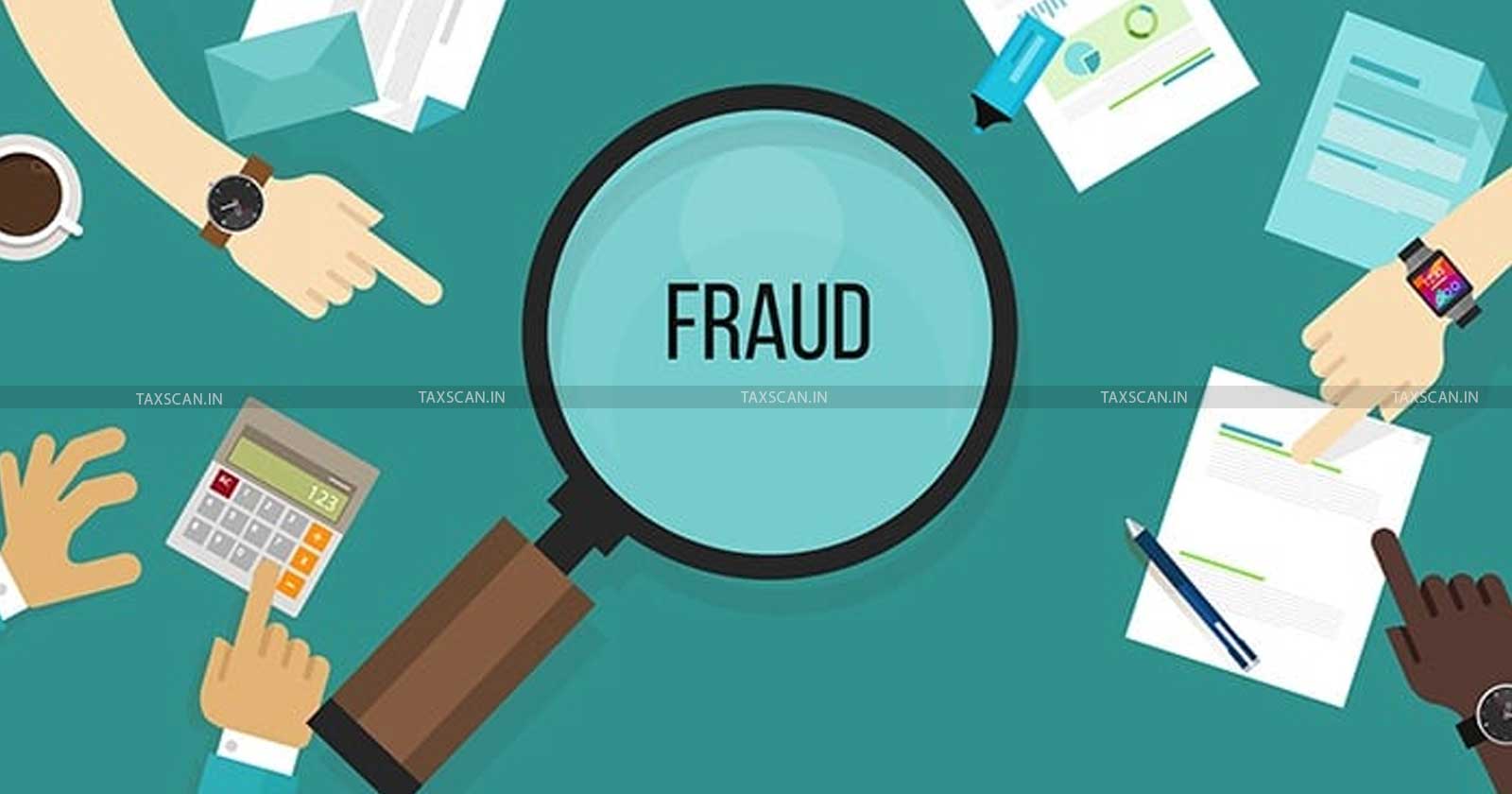Application u/s 7 of IBC Admitted can be Recalled on Proving Fraud or Malicious Intent: NCLAT [Read Order]
The bench held that there is enough evidence to prove that the application under section 7 of the code was submitted to force the corporate debtor into insolvency.

National Company Law Appellate Tribunal – Application – NCLAT – NCLAT New Delhi – CIRP admission order – insolvency procedure – Corporate Debtor’s – application – CD shares – Taxscan
National Company Law Appellate Tribunal – Application – NCLAT – NCLAT New Delhi – CIRP admission order – insolvency procedure – Corporate Debtor’s – application – CD shares – Taxscan
Recently, the New Delhi bench of the National Company Law Appellate Tribunal (NCLAT) has held that when CIRP proceedings are initiated fraudulently or maliciously, the Adjudicating Authority has jurisdiction under the IBC to consider the allegations of fraudulent and malicious initiation of CIRP proceedings in terms of Section 65 and recall the CIRP admission order.
The appellants, Acute Daily Media Pvt. Ltd. & Ors, submitted an application under section 7 of the code, which the NCLT ultimately accepted. A resolution plan was also accepted by the CoC in the corporate debtor's CIRP, and the RP also submitted an application to the adjudicating authority to request approval of the plan. The respondent claimed that because the appellants conspired with the corporate debtor's promoters, the insolvency procedure was started dishonestly or deliberately.
Become PF & ESIC Pro: Basic to Advance Course - Enroll Today
The respondent's appeal for management and oppression against the reduction of its CD shares was likewise granted. The CIRP was ended after the respondent's application under section 65 of the code was granted. This order is the subject of this appeal.
The appellants argued that the CIRP admission ruling of May 17, 2022, had already reached finality because the appellant had not disputed it. In order to subtly contest the CIRP initiation order, the Respondent filed a Section 65 application through IA No. 3602 of 2022 because the appeal against this order was time-barred. The 17.05.2022 CIRP order recall violated the established legal principles of the IBC.
Become PF & ESIC Pro: Basic to Advance Course - Enroll Today
Additionally, it was argued that the Appellants were not even parties to the Respondent's OMP and, as a result, were not aware of the facts and circumstances surrounding the OMP petition. Accordingly, it was rejected that the Appellants had filed the Section 7 petition in order to prevent the Respondents from winning the OMP that they had filed.
It was also argued that without strong proof, a Section 65 application cannot be upheld based just on claims of fraud and malice. It was further stated that the Respondent's claim that the Financial Creditors' malicious intent to undermine the Respondent's rights, which were likely to be restored to them under the OMP, was the reason behind the Financial Creditors' filing of Section 7 was based on speculation and guesswork.
Become PF & ESIC Pro: Basic to Advance Course - Enroll Today
In contrast, the respondents argued that the promoters of the corporate debtor fabricated the Section 7 petition in order to prevent Respondent No. 1 from taking over the company after realizing they were weak in the OMP and that the current Respondent No. 1 was likely to prevail.
Finally, it was argued that the corporate debtor, financial creditors, and promoters conspired to commit fraud and conspiracy, which resulted in the Section 7 application. The appellants have not provided convincing proof that their Section 7 application was submitted with a purpose other than the Corporate Debtor's resolution.
Become PF & ESIC Pro: Basic to Advance Course - Enroll Today
The tribunal noted that it is widely established that merely the prerequisites of debt and default must be met in order for an application filed under section 7 of the code to be accepted. As long as the debt exceeds the threshold amount specified in section 4 of the code, a section 7 application can be accepted once it has been established and is still outstanding.
It went on to say that even after the application has been accepted, section 65 of the code gives the adjudicating authority the authority to determine whether the CIRP was started deliberately or fraudulently. Additionally, it noted that the Adjudicating Authority is free to decide the application under section 65 of the law without facing any legal obstacles, preventing the CD from being unnecessarily forced into insolvency.
Become PF & ESIC Pro: Basic to Advance Course - Enroll Today
It further stated that the allegation that the loan was approved at these meetings is without substance because the Annual Returns filed did not contain any documentation of board meetings that would have indicated a resolution had been passed authorizing the loan agreements. The Adjudicating Authority correctly determined that the purported loan agreements were forged and antedated with fraudulent purpose in the absence of a convincing and adequate justification.
There is enough evidence to prove that the application under section 7 of the code was submitted to force the corporate debtor into insolvency, according to the bench comprising Justice Ashok Bhushan (Judicial Member), Mr. Barun Mita (Technical Member), and Mr. Arun Baroka (Technical Member).
"When such fraudulent CIRP proceedings are initiated, the Adjudicating Authority has jurisdiction under the IBC to consider the allegations of fraudulent and malicious initiation of CIRP proceedings in terms of Section 65 and recall the CIRP admission order," the panel concluded.
To Read the full text of the Order CLICK HERE
Support our journalism by subscribing to Taxscan premium. Follow us on Telegram for quick updates


